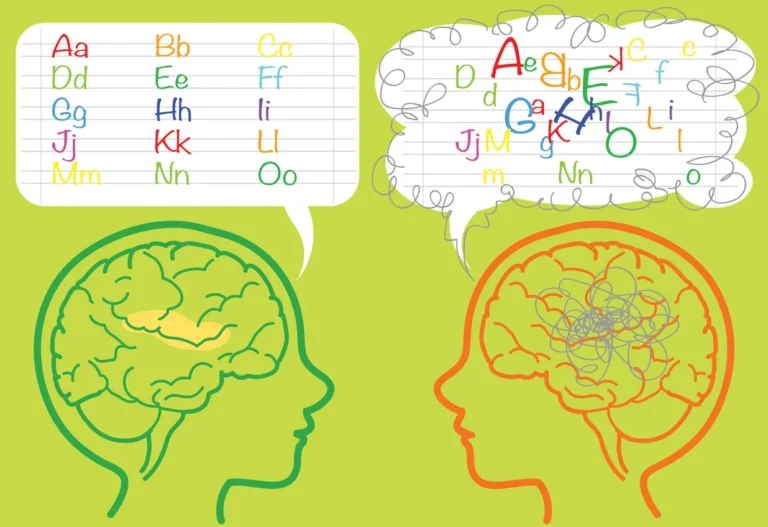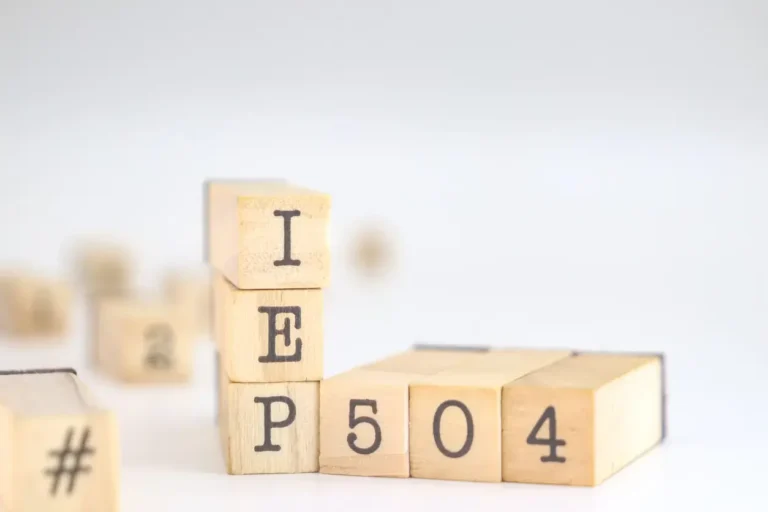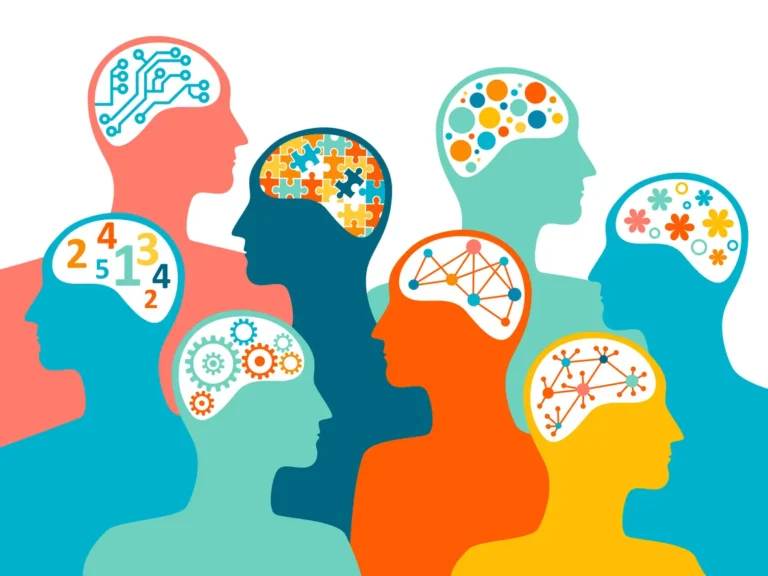Story at-a-glance Every child has unique strengths and talents – While learning disabilities create genuine challenges, they often come packaged with remarkable abilities in areas like creativity, spatial reasoning, empathy, or innovative problem-solving. Deficit-focused thinking limits potential – Traditional education often emphasizes fixing weaknesses rather than building on strengths, but …
[Read more...] about Strength-Based Learning: Finding Your Child’s Superpowers





